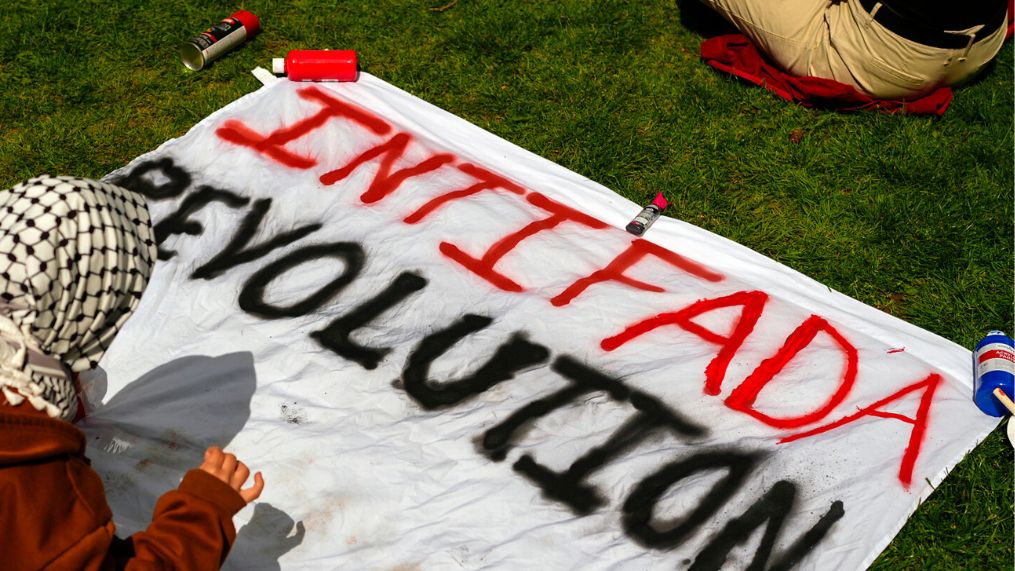In the aftermath of a pro-Palestinian demonstration, Layla Sayed, a student, was startled to find herself targeted on Canary Mission, a website that identifies individuals critical of Israel.
Sayed’s participation in the rally led to her profile being featured on the site, resulting in online harassment and threats. This underscores the influence of digital platforms on campus activism.
Canary Mission, an anonymous online entity, singles out pro-Palestinian advocates by disseminating personal details and labeling them with provocative terms like “Hamas War Crimes Apologist.” Despite attempts to shed light on these practices, legal recourse is constrained by protections under the First Amendment.
As tensions escalate on college campuses amid the Israel-Gaza conflict, pro-Palestinian protesters face increased hostility and intimidation.
The Department of Education has initiated probes into growing reports of discrimination and harassment, heightening concerns about stifling freedom of expression.

Critics argue that both sides of the conflict engage in cyberbullying and doxxing, tactics that deter open dialogue. The use of digital platforms to target individuals has raised ethical questions about privacy and online accountability.
While some advocate for holding individuals accountable for spreading hatred and bigotry, others emphasize the need to safeguard free speech rights.
However, addressing the legal landscape proves challenging, with few options available to those targeted by online harassment campaigns.
The proliferation of digital advocacy groups underscores the polarizing nature of the Israel-Palestine conflict, amplifying tensions and fostering an environment of fear and distrust on college campuses. As the debate rages on, the impact of online activism on campus discourse remains a contentious issue.





